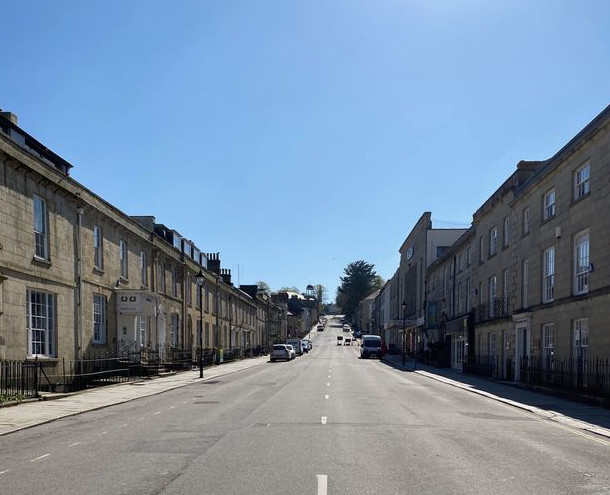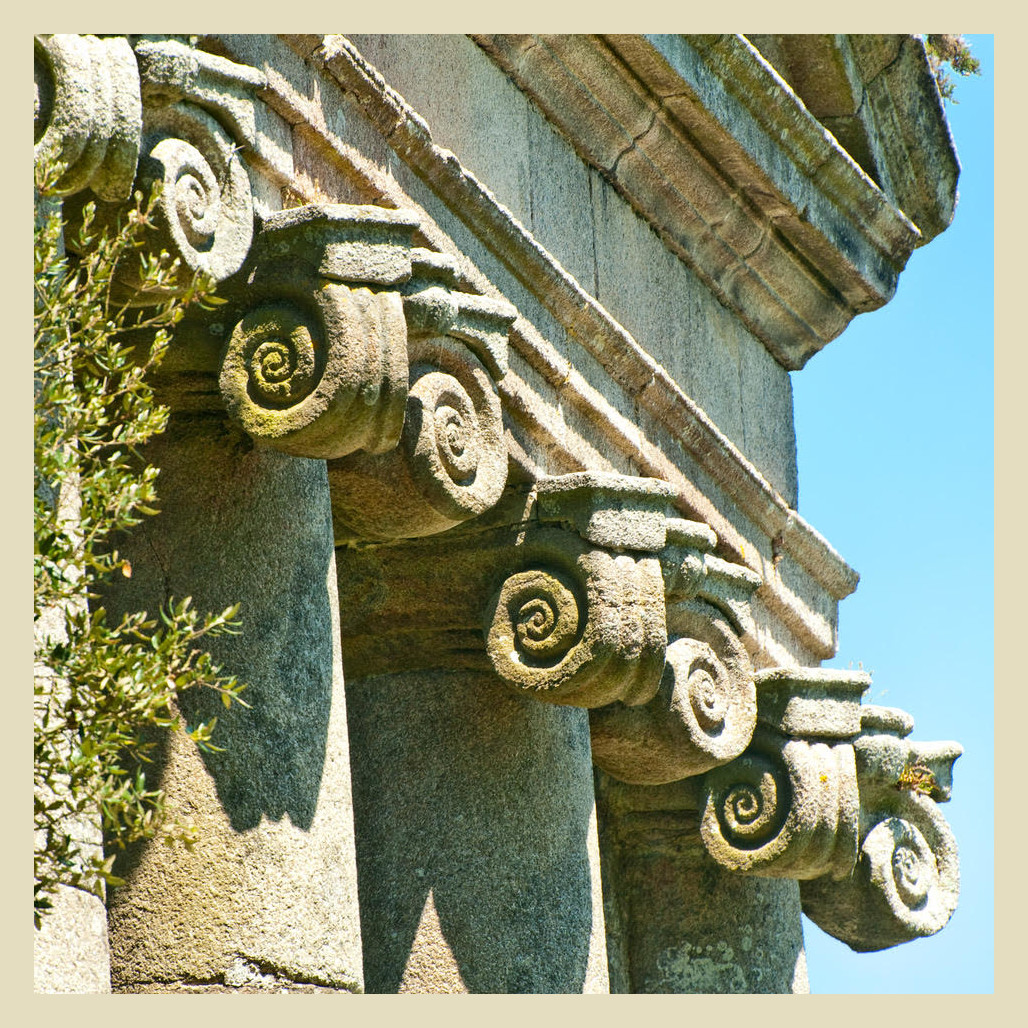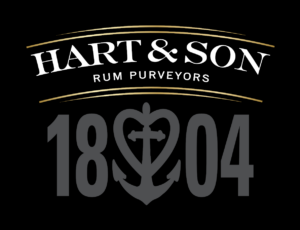The ‘Great’ William Lemon was instrumental in helping to transform Cornwall’s economic, political and cultural landscape. Who was he and what is his legacy?
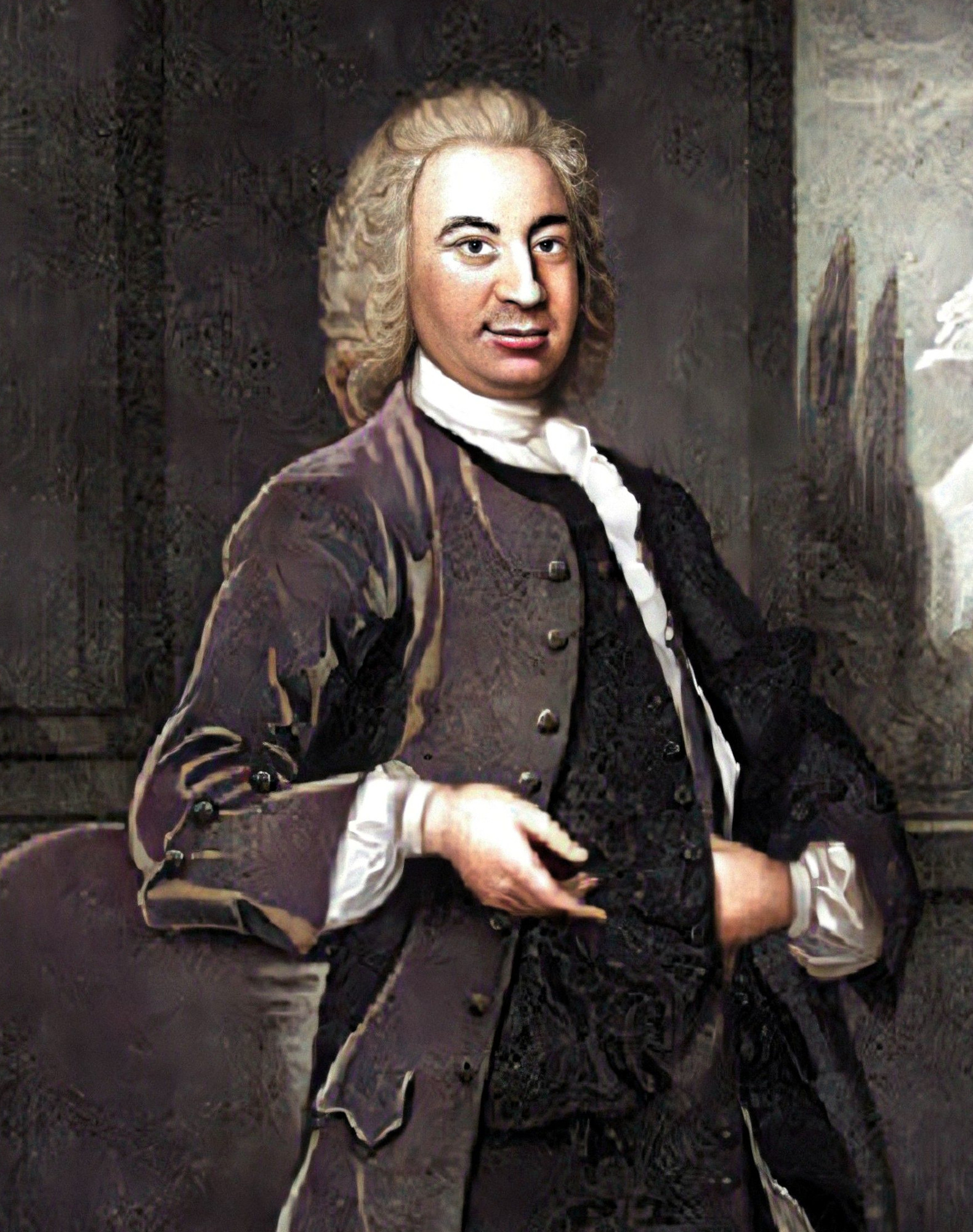
William was by all accounts a formidable man. He was married to Isabelle Vibert who has been described as his intellectual equal.
Few personal facts survive about his life, yet his achievements and lasting impact shape our lives today.
We do know he was born 15th October 1696 in Germoe and died 25th March 1760, aged 63. He married Isabelle Vibert, who was an heiress from Gulval, on the 22nd April 1724. His father was William Lemon, born 15 April 1670 in Germoe, and who is thought to have died in 1725.
His mother, Jane Rodda, was a midwife born in 1670 in St.Erth, and died in January 1748. He had siblings: Tamsin and Samuel. He outlived his son and passed Carclew to his grandson, Sir William Lemon, who in turn left the estate to William’s great grandson Sir Charles Lemon.
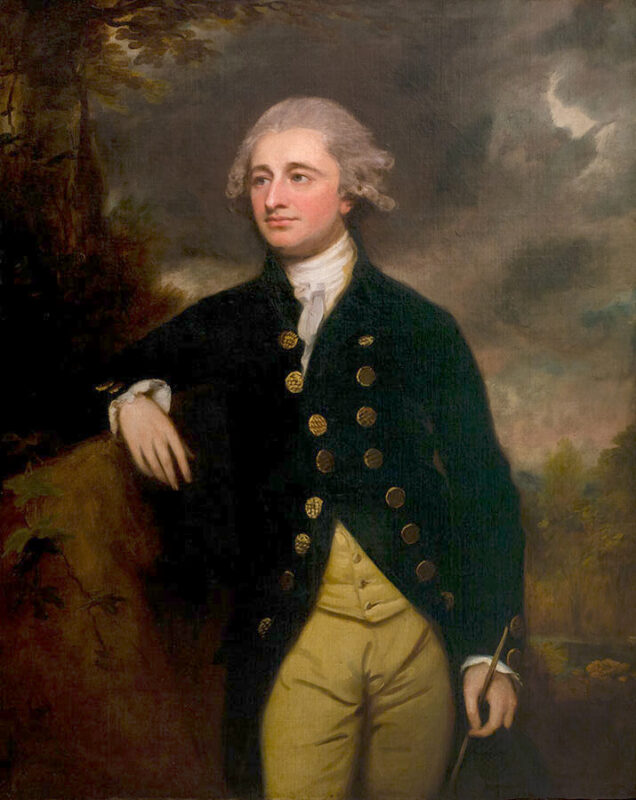
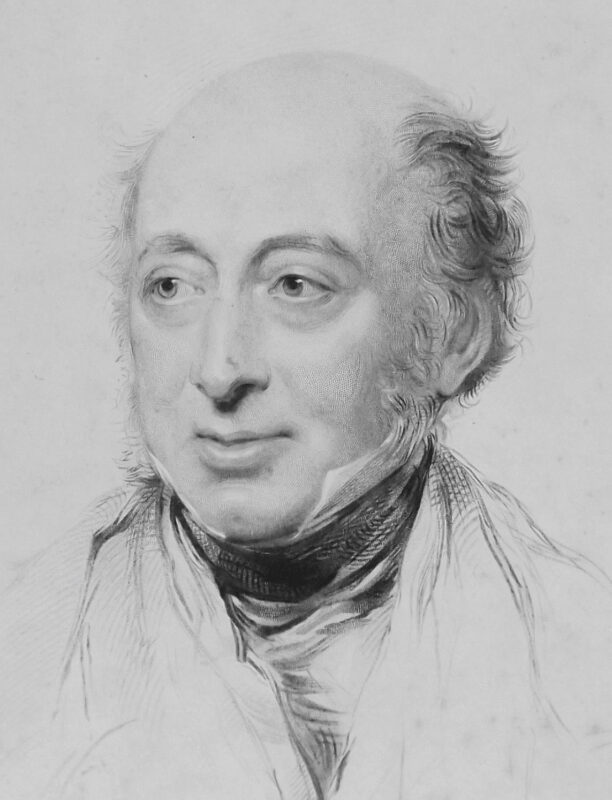
It is extraordinary what we don’t know about such an important figure from our collective history. How was he able to secure the finances to start his entrepreneurial successes that so influenced the development of Cornwall?
The more research is carried out into his life, the more questions arise about Cornwall’s place in the world.
From the fanciful conjecture that his father was an illegitimate descendent of Van Dyck’s muse and mistress Margaret Lemon, whose miniature portrait hangs in St. Michael’s Mount, Marizion.

His unlikely connection to Jewish ancestry and Lemon Hart & Son (now Hart and Son, rum purveyors), the first official supplier of rum to the British Royal Navy. The company was founded in 1804 by Lehmynn or Lehman (who anglicised his name to Lemon) Hart. Lemon was the grandson of Abraham Hart who settled in Penzance in 1720, and was a young enterprising German merchant who began importing rum in 1768. Did Abraham settle in Cornwall because he already had family there?
To the reasonable idea that William’s family were Huguenots, descending from the Le Mond family settling in Cornwall with strong business connections at home and abroad.
To the likely story that he was simply a Cornish boy from Germoe who made good at a time when mining produced opportunities for social mobility.
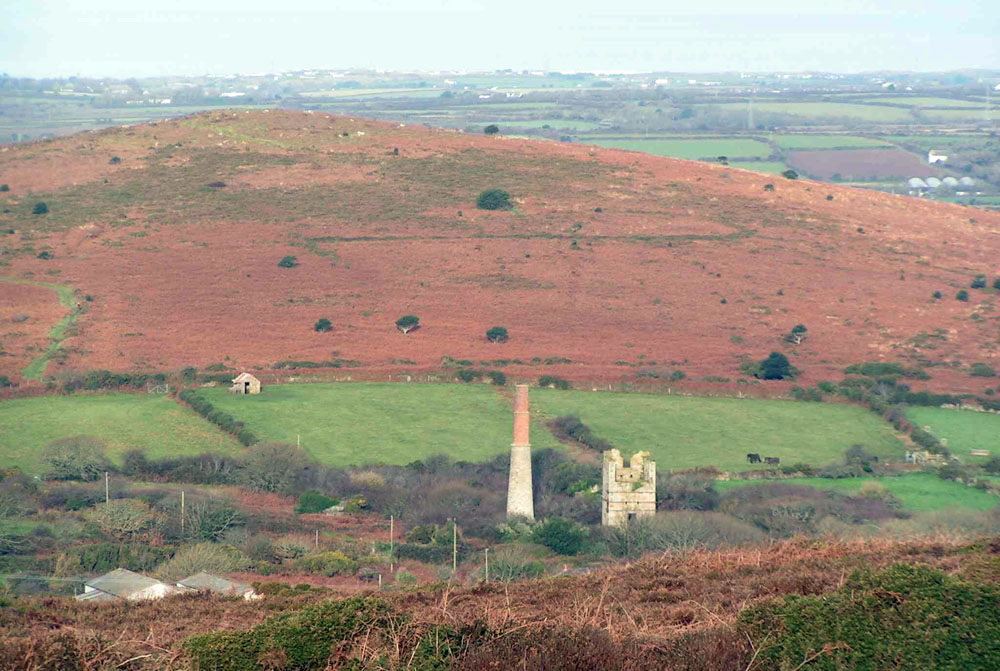
Whatever the truth is about his background, from seemingly nowhere, he raised the funds to purchase a mining set in Ludgvan, employed the newly invented Newcomen Steam Engine, established the working mine Wheal Fortune, and extracted the lucrative and vital metal for the Industrial Revolution – copper.
The ‘Great’ William Lemon’s drive to grow business opportunities in and for Cornwall created employment and contributed to the establishment of banking, education, health care, housing, places of worship and even the streets we walk through in Truro today.
